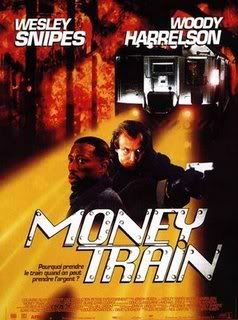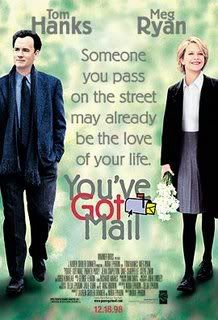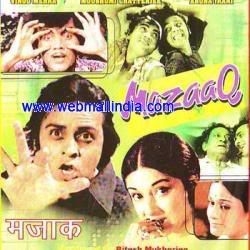The Yahoo! Directory Has Higher Quality Results than Yahoo! Web Search—but Fewer of Them
Posted by
1213
On
4:50 AM
Yahoo! was created as a hand-picked directory of Web sites. Over the past
decade, however, the Yahoo! directory has become a less and less important
part of the Yahoo! pantheon of services—to the point where many users don’t
even know the directory exists. After all, if you use the search box on the
Yahoo! home page—which Yahoo! obviously wants you to do—you pass over
the directory entirely.
That’s too bad, because the Yahoo! directory is actually a pretty good assem
blage of what’s out there on the Web. It’s also arguably the easiest search site
for Web surfers to use.
It all boils down to the basic difference between a directory and a search index.
You see, there are two approaches to organizing all the information on the
World Wide Web. One approach is to use a special type of software program
(called a spider or crawler) to roam the Web automatically, feeding what it finds
back to a massive bank of computers. These computers hold indices of the
Web—in some cases, entire Web pages are indexed; in other cases, only the
titles and important words on a page are indexed. This approach is the one
taken by the big search engines, such as Google, AltaVista, and HotBot—and
by Yahoo!’s Web Search feature.
The other approach—the one taken by the Yahoo! directory—is to have actual
human beings physically look at each Web page and stick each one into a
hand-picked category. After you get enough Web pages collected, you have
something called a directory.
Unlike a search engine, a directory doesn’t search the entire Web—in fact, a
directory catalogs only a very small part of the Web. But a directory is very
organized, and very easy to use, and lots and lots of people use Web directories
(such as Yahoo!) every day.
Of course, that’s not to say that the Yahoo! directory is perfect. Far from it. For
starters, it’s small—only 2 million pages, versus 3 billion or so in Yahoo!’s Google
supplied Web Search index. (That means that Yahoo!’s directory content repre
sents less than 1⁄10 of 1 percent of the total number of pages currently published on the Web—not very comprehensive at all.)
Fortunately, you don’t have to limit yourself to the listings in the Yahoo! direc
tory; Yahoo! supplements its directory listings with search results from a third-
party search engine. Read on to learn another little secret about Yahoo!’s search
capabilities.
decade, however, the Yahoo! directory has become a less and less important
part of the Yahoo! pantheon of services—to the point where many users don’t
even know the directory exists. After all, if you use the search box on the
Yahoo! home page—which Yahoo! obviously wants you to do—you pass over
the directory entirely.
That’s too bad, because the Yahoo! directory is actually a pretty good assem
blage of what’s out there on the Web. It’s also arguably the easiest search site
for Web surfers to use.
It all boils down to the basic difference between a directory and a search index.
You see, there are two approaches to organizing all the information on the
World Wide Web. One approach is to use a special type of software program
(called a spider or crawler) to roam the Web automatically, feeding what it finds
back to a massive bank of computers. These computers hold indices of the
Web—in some cases, entire Web pages are indexed; in other cases, only the
titles and important words on a page are indexed. This approach is the one
taken by the big search engines, such as Google, AltaVista, and HotBot—and
by Yahoo!’s Web Search feature.
The other approach—the one taken by the Yahoo! directory—is to have actual
human beings physically look at each Web page and stick each one into a
hand-picked category. After you get enough Web pages collected, you have
something called a directory.
Unlike a search engine, a directory doesn’t search the entire Web—in fact, a
directory catalogs only a very small part of the Web. But a directory is very
organized, and very easy to use, and lots and lots of people use Web directories
(such as Yahoo!) every day.
Of course, that’s not to say that the Yahoo! directory is perfect. Far from it. For
starters, it’s small—only 2 million pages, versus 3 billion or so in Yahoo!’s Google
supplied Web Search index. (That means that Yahoo!’s directory content repre
sents less than 1⁄10 of 1 percent of the total number of pages currently published on the Web—not very comprehensive at all.)
Fortunately, you don’t have to limit yourself to the listings in the Yahoo! direc
tory; Yahoo! supplements its directory listings with search results from a third-
party search engine. Read on to learn another little secret about Yahoo!’s search
capabilities.
Subscribe to:
Post Comments (Atom)






0 Response to "The Yahoo! Directory Has Higher Quality Results than Yahoo! Web Search—but Fewer of Them"
Post a Comment